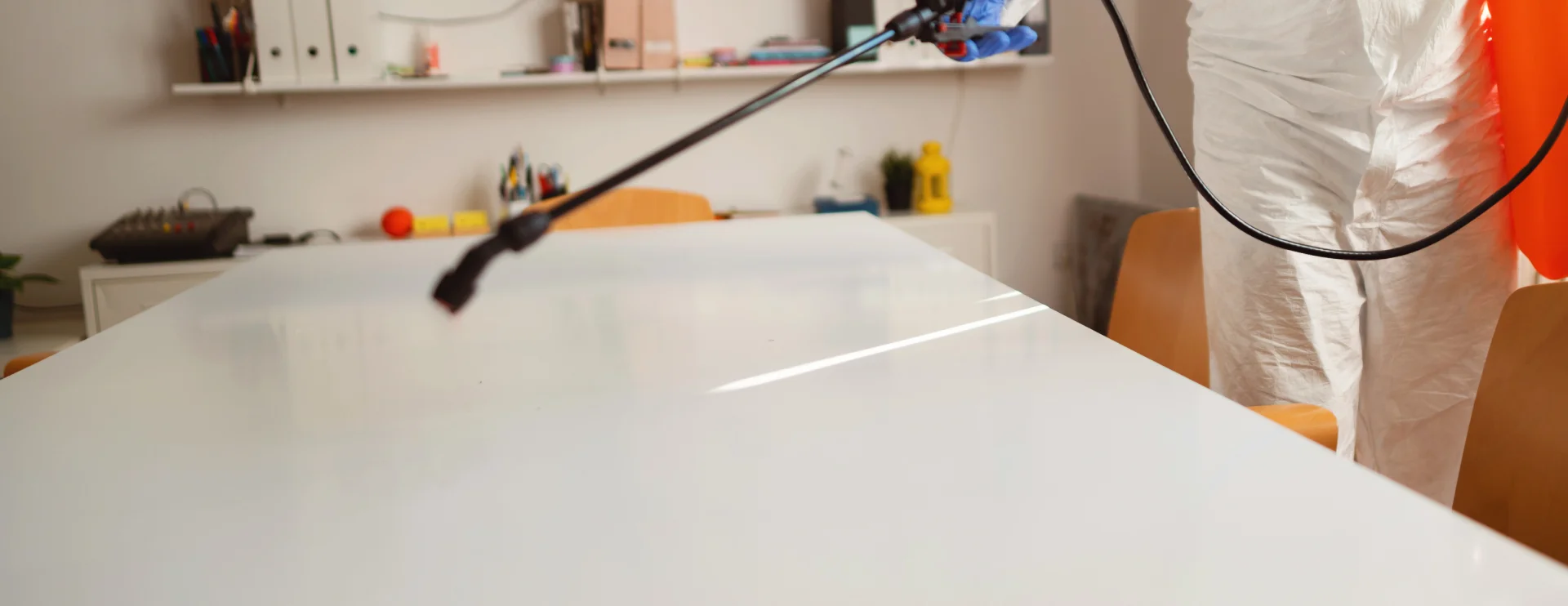Bed bugs are notorious pests, not just because of the discomfort they cause, but also due to their remarkable resilience. One of the most astonishing aspects of bed bug biology is their ability to survive for extended periods without feeding. Understanding how they manage this feat is crucial in effectively combating these persistent pests.
How Bed Bugs Survive Without Feeding
Bed bugs have evolved to be incredibly hardy, with several adaptations that allow them to endure months without a blood meal. Here’s a breakdown of the key factors contributing to their survival:
1. Low Metabolic Rate
Bed bugs are capable of entering a state of dormancy or semi-hibernation when food is scarce. During this time, their metabolic rate drops significantly, which reduces their energy needs. By relying on the energy stored from previous blood meals, bed bugs can survive for long periods without feeding.
2. Adaptations for Survival
Wax Layer Protection: Bed bugs have a waxy layer on their exoskeleton that helps prevent water loss, crucial for surviving extended periods without feeding.
Flexible Feeding Strategy: Typically, bed bugs feed on blood every five to ten days when a host is available. However, in the absence of a host, they can stretch their resources over months by reducing their feeding frequency.
3. Survival During Nymph Stages
Bed bugs go through several nymphal stages before reaching adulthood, and they can survive for extended periods between each molt without feeding. This ability is vital during unfavorable conditions, allowing them to wait for the right moment to find a host.
4. Secluded Habitats
Bed bugs are experts at finding hidden, protected environments like cracks in walls, inside mattresses, or under furniture. These areas shield them from extreme temperatures and predators, allowing them to survive longer without a meal. In cooler temperatures, their metabolism slows further, extending their survival time.
How Long Can Bed Bugs Live Without Feeding?
The duration that bed bugs can survive without feeding varies depending on several factors, such as their age and environmental conditions:
1. Adult Bed Bugs
Normal Conditions: Under typical conditions, adult bed bugs can live without a blood meal for about 2 to 6 months.
Cold Environments: In cooler temperatures, where their metabolism is even slower, they can survive up to a year or more without feeding.
2. Nymph Stages
Nymphs, or juvenile bed bugs, are less resilient than adults and require a blood meal to continue developing. However, they can still survive for several weeks to a few months without feeding, depending on the environment.
3. Eggs
Bed bug eggs do not require a blood meal but can survive unhatched for several weeks to a month. Once hatched, the nymphs need to find a host to begin feeding and growing.
Conclusion
Bed bugs’ ability to survive without feeding is a testament to their resilience and adaptability. These pests can endure months, and in some cases over a year, without a meal, making them particularly challenging to eliminate. Effective pest control strategies must account for their hardy nature, focusing on thorough inspection, treatment, and prevention to ensure complete eradication.

